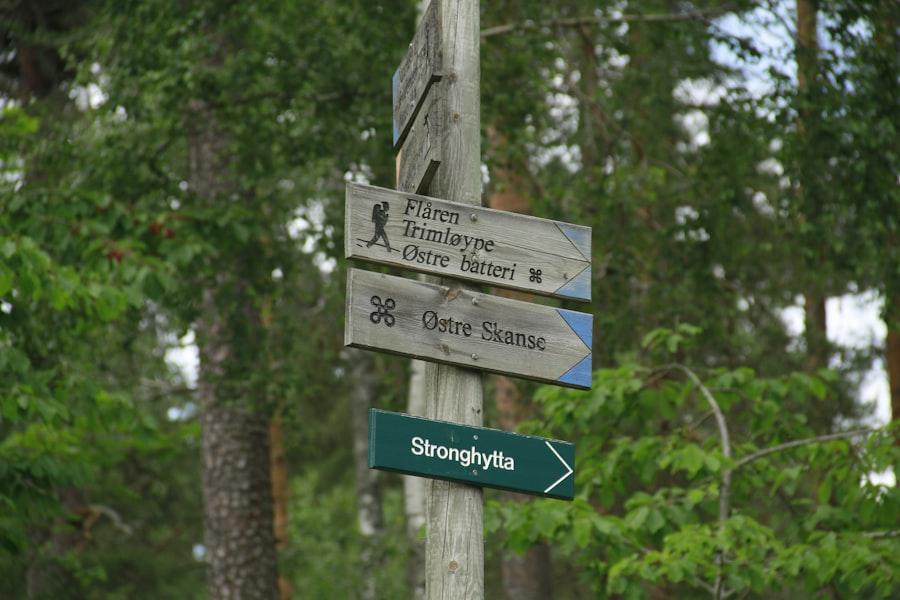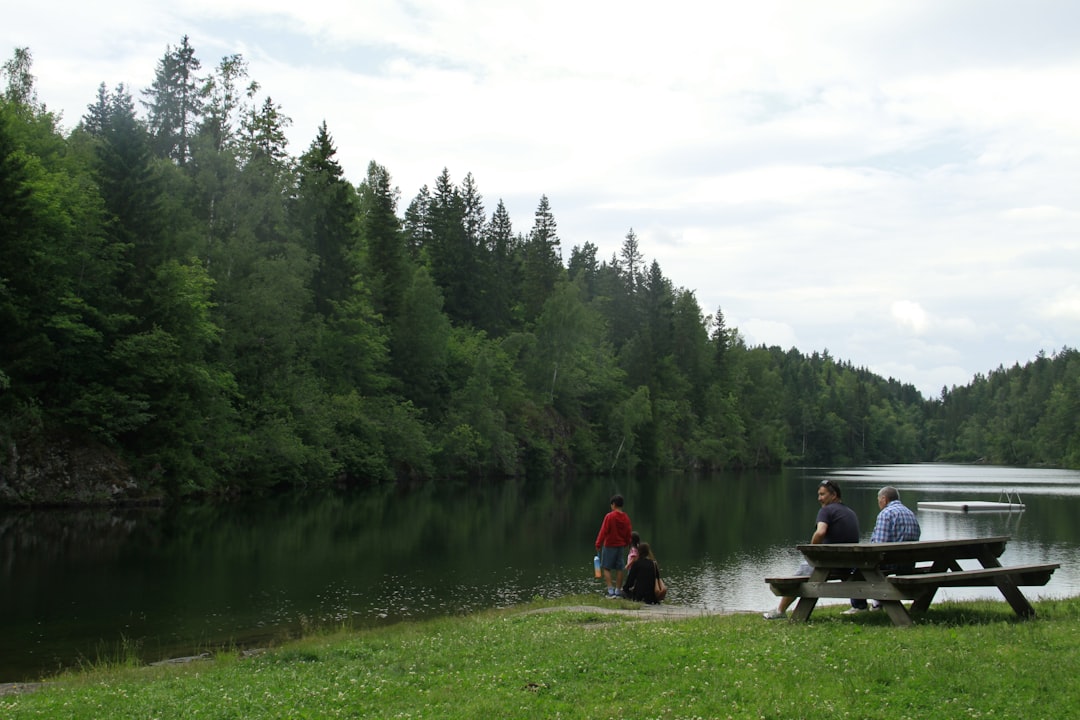‘Janteloven’, or the Law of Jante, is a cultural phenomenon deeply embedded in Norwegian society, as well as in other Nordic countries. It encapsulates a set of unwritten rules that discourage individual success and promote collective equality. At its core, Janteloven suggests that no one is superior to anyone else, and it fosters a sense of humility and modesty among individuals.
This cultural framework can be perplexing for newcomers, particularly expats who may come from cultures that celebrate individual achievement and personal ambition. For those unfamiliar with this concept, it can feel stifling or even oppressive. However, understanding Janteloven is crucial for anyone looking to integrate into Norwegian society.
The Norway Relocation Group can assist you in navigating these cultural nuances, ensuring that your transition to life in Norway is as smooth as possible. By providing insights into local customs and social expectations, they can help you adapt to the subtleties of Janteloven while also embracing the unique aspects of Norwegian culture. Plan your relocation with confidence. Book a personal meeting with the Norway Relocation Group today.
Summary
- ‘Janteloven’ is a concept rooted in the idea of equality and modesty, discouraging individual achievement and promoting collective success.
- Originating from Danish-Norwegian author Aksel Sandemose’s novel, ‘Janteloven’ reflects the societal norms and values of Scandinavian countries.
- The key principles of ‘Janteloven’ include humility, conformity, and the belief that no one is better than anyone else.
- ‘Janteloven’ has had a significant impact on Norwegian society, shaping attitudes towards success, ambition, and social interaction.
- Expats in Norway may face challenges navigating ‘Janteloven’, but can overcome them by understanding and respecting the cultural norms, and embracing the positive aspects of collective mindset.
The Origin and History of ‘Janteloven’
The term ‘Janteloven’ was popularised by the Danish-Norwegian author Aksel Sandemose in his 1933 novel “A Fugitive Crosses His Tracks”. In this work, Sandemose introduces a fictional town called Jante, where the inhabitants adhere strictly to a set of social norms that discourage boasting and self-promotion. The novel serves as a critique of societal attitudes towards individuality and success, reflecting the collective mindset prevalent in Scandinavian culture.
Historically, Janteloven can be traced back to the agrarian societies of Scandinavia, where communal living and cooperation were essential for survival. In such environments, individualism could threaten the cohesion of the community. As a result, values that emphasised equality and humility became ingrained in the social fabric.
Over time, these principles evolved into what we now recognise as Janteloven, shaping the way Norwegians interact with one another and perceive success.
The Key Principles of ‘Janteloven’

The principles of Janteloven are often summarised in ten rules that collectively convey a message of humility and restraint. These rules assert that one should not believe they are better than others, nor should they think they are smarter or more talented. The essence of Janteloven is to promote a sense of belonging and discourage any behaviour that might disrupt social harmony.
While these principles may seem restrictive, they also foster a strong sense of community among Norwegians. The emphasis on equality means that people are generally supportive of one another, creating an environment where collaboration is valued over competition. This can be particularly beneficial in professional settings, where teamwork and collective success are often prioritised over individual accolades.
The Impact of ‘Janteloven’ on Norwegian Society
The influence of Janteloven permeates various aspects of Norwegian life, from social interactions to workplace dynamics. In social settings, it is common for individuals to downplay their achievements or refrain from discussing personal successes openly. This can create an atmosphere where modesty is celebrated, but it may also lead to misunderstandings for those who are not familiar with these cultural norms.
In the workplace, Janteloven encourages collaboration and egalitarianism. Hierarchies tend to be flatter than in many other cultures, with employees feeling comfortable sharing their ideas regardless of their position within the company. This can lead to innovative solutions and a strong sense of camaraderie among colleagues.
However, it may also pose challenges for expats who are accustomed to more hierarchical structures and may struggle to assert themselves in discussions or decision-making processes.
How ‘Janteloven’ Affects Expats in Norway
For expats moving to Norway, understanding Janteloven is essential for successful integration into society. Many newcomers may initially find it challenging to navigate the subtle social cues that accompany this cultural framework. They might feel discouraged from expressing their achievements or ambitions, leading to feelings of isolation or frustration.
Moreover, expats may inadvertently breach the unwritten rules of Janteloven by openly discussing their successes or aspirations. This can result in misunderstandings with local colleagues or friends who may perceive such behaviour as boastful or inappropriate. As a result, it is crucial for expats to familiarise themselves with these cultural norms to avoid potential pitfalls and foster positive relationships within their new environment.
Overcoming the Challenges of ‘Janteloven’ for Expats

While adapting to Janteloven can be challenging for expats, it is not insurmountable. One effective strategy is to approach social interactions with an open mind and a willingness to learn from local customs. Engaging with Norwegians in informal settings can provide valuable insights into their perspectives on success and achievement.
Additionally, expats should seek out opportunities to connect with fellow newcomers who may share similar experiences. Building a support network can help alleviate feelings of isolation and provide a safe space for discussing challenges related to adapting to Janteloven. The Norway Relocation Group offers resources and community connections that can facilitate this process, ensuring that you feel supported throughout your transition.
Strategies for Navigating ‘Janteloven’ as an Expat
To successfully navigate Janteloven as an expat, it is essential to strike a balance between embracing local customs and maintaining your individuality. One effective approach is to practice active listening during conversations, allowing you to better understand the perspectives of your Norwegian peers without feeling the need to assert your own achievements constantly. Another strategy is to focus on building relationships based on shared interests rather than personal accomplishments.
Engaging in group activities or community events can help foster connections while adhering to the principles of Janteloven. By participating in collaborative projects or volunteering opportunities, you can demonstrate your commitment to the community while also making meaningful connections with locals.
The Role of ‘Janteloven’ in Work and Social Settings
In professional environments, Janteloven plays a significant role in shaping workplace culture. The emphasis on teamwork and collective success often leads to collaborative decision-making processes where everyone’s input is valued. This egalitarian approach can create a positive work atmosphere but may also require expats to adjust their communication styles.
In social settings, Janteloven encourages individuals to engage in conversations that promote inclusivity rather than competition. This means that discussions often revolve around shared experiences or common interests rather than personal achievements. For expats, adapting to this dynamic can be challenging but ultimately rewarding as it fosters deeper connections with local friends and colleagues.
Cultural Differences and ‘Janteloven’ for Expats
Cultural differences can create barriers for expats trying to understand Janteloven fully. In many cultures, individualism is celebrated, and personal achievements are often highlighted as sources of pride. In contrast, Janteloven promotes a more collective mindset that may feel foreign or uncomfortable for those accustomed to more competitive environments.
To bridge this cultural gap, expats should approach their new surroundings with curiosity and respect for local customs. Engaging in conversations about cultural differences can provide valuable insights into how Janteloven shapes social interactions in Norway. By fostering open dialogue about these differences, expats can gain a deeper understanding of their new environment while also sharing their own perspectives.
Embracing the Positive Aspects of ‘Janteloven’ as an Expat
Despite its challenges, there are numerous positive aspects of Janteloven that expats can embrace during their time in Norway. The emphasis on equality fosters a strong sense of community and belonging, allowing individuals to feel supported by those around them. This collective mindset can lead to lasting friendships and connections that enrich one’s experience in Norway.
Moreover, Janteloven encourages individuals to focus on collaboration rather than competition, which can lead to innovative solutions and creative problem-solving in both personal and professional settings. By embracing these positive aspects, expats can cultivate a more fulfilling experience while adapting to their new environment.
Adapting to ‘Janteloven’ as an Expat in Norway
Adapting to Janteloven as an expat in Norway may present challenges, but it also offers opportunities for personal growth and connection with local culture. By understanding the principles behind this cultural phenomenon and actively engaging with Norwegians in meaningful ways, expats can successfully navigate their new surroundings. The Norway Relocation Group stands ready to assist you on this journey by providing valuable resources and insights into Norwegian culture.
Additionally, enrolling in Norwegian courses at the NLS Norwegian Language School in Oslo will further enhance your understanding of local customs while improving your language skills—an essential tool for effective communication in your new home. Embrace the journey ahead; adapting to Janteloven will ultimately enrich your experience as you build a life in Norway.

